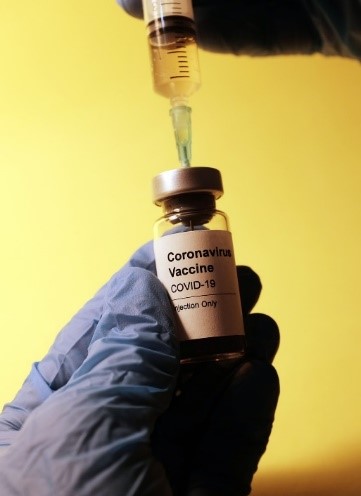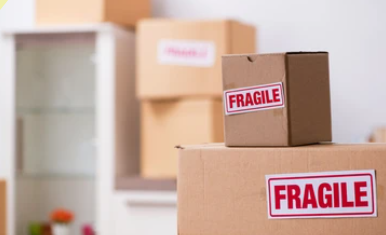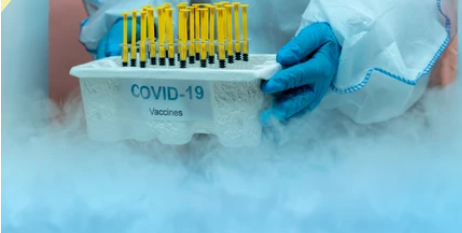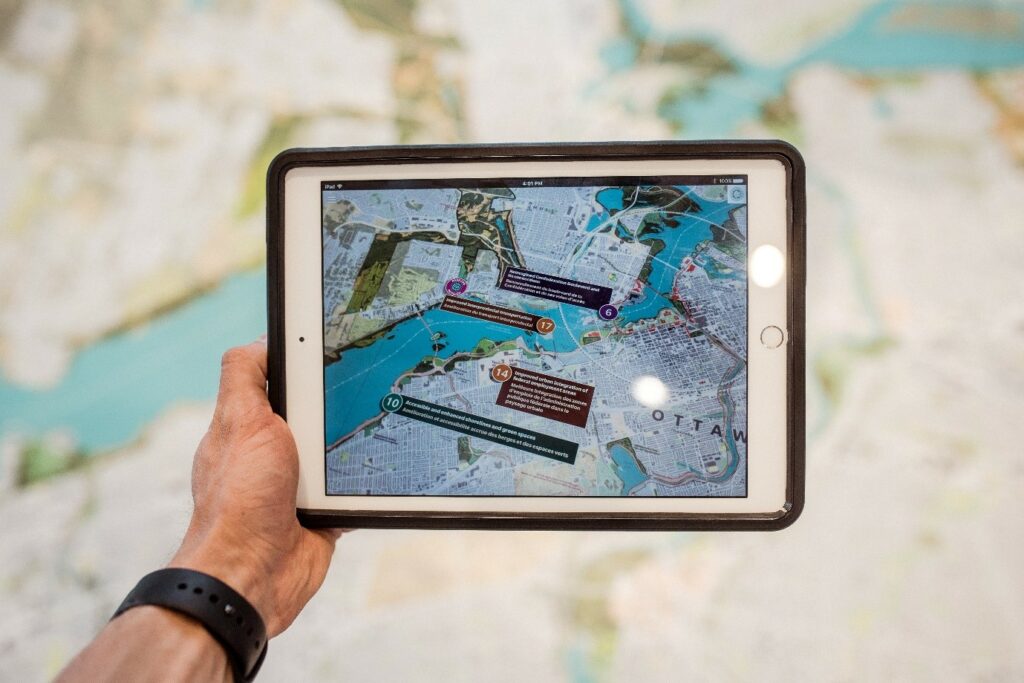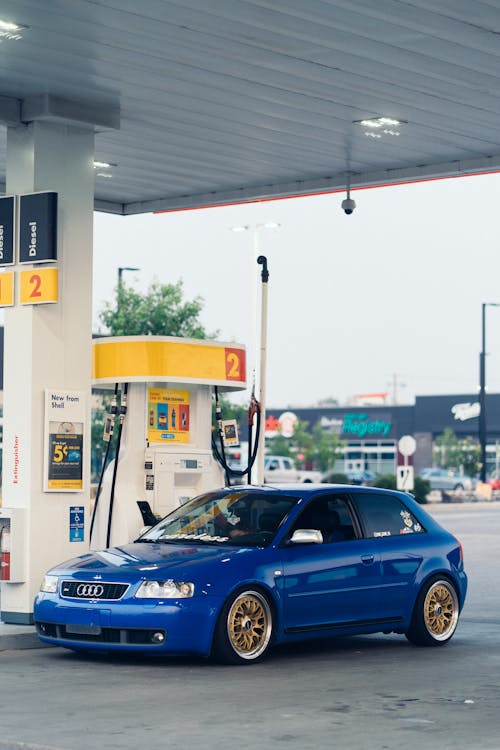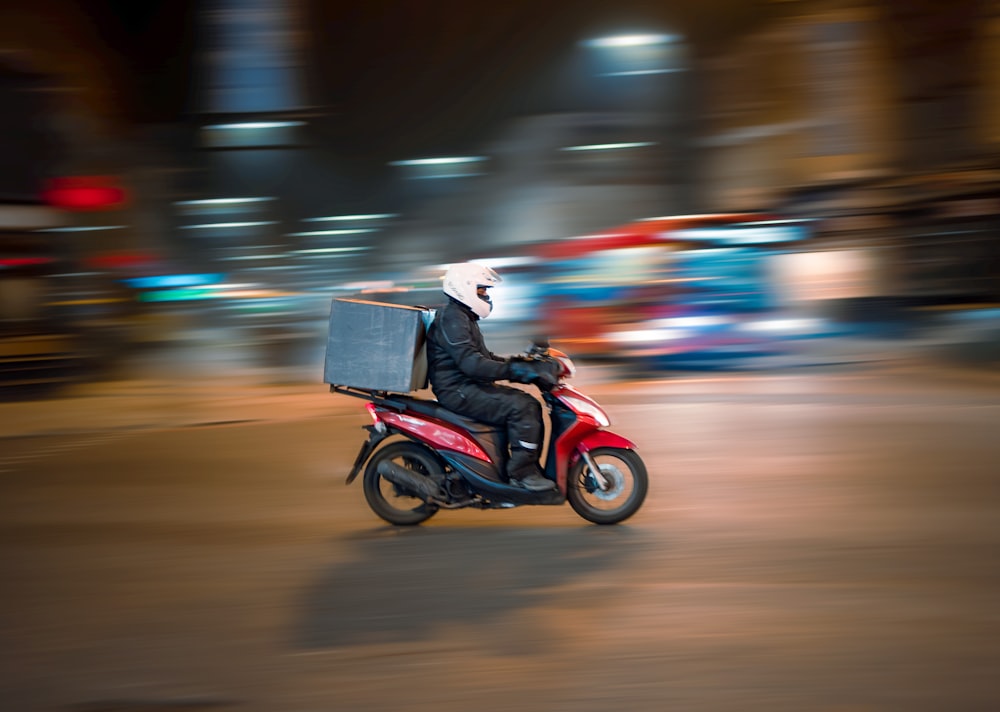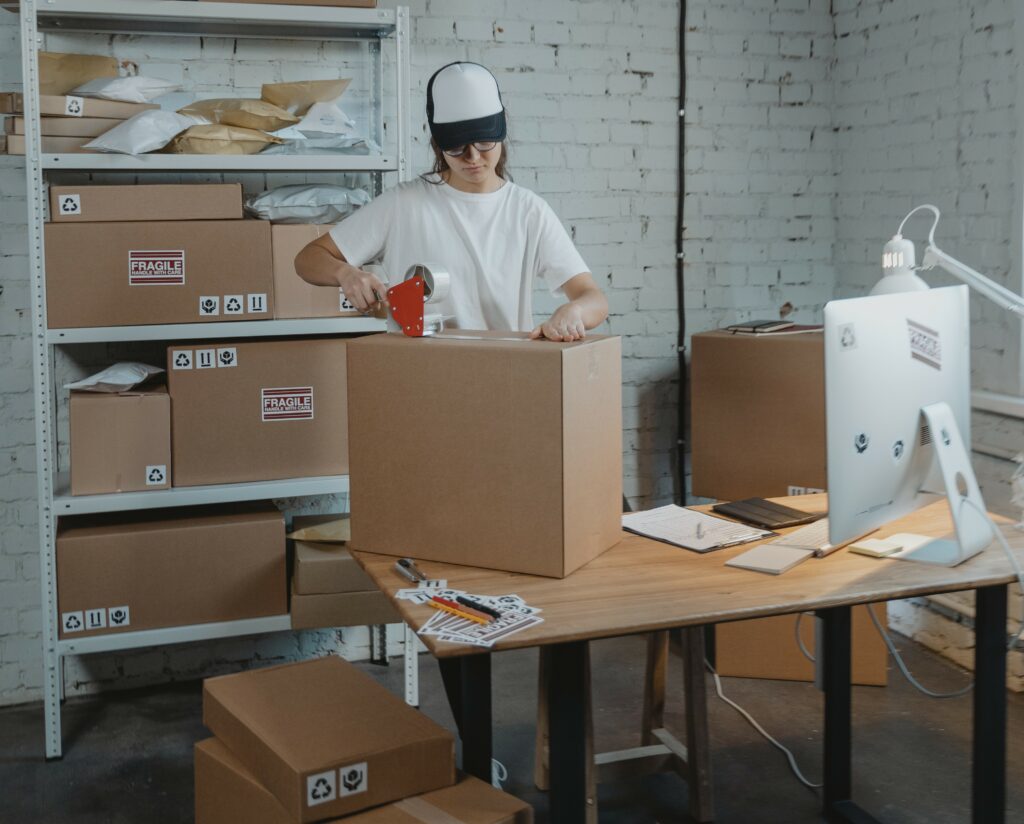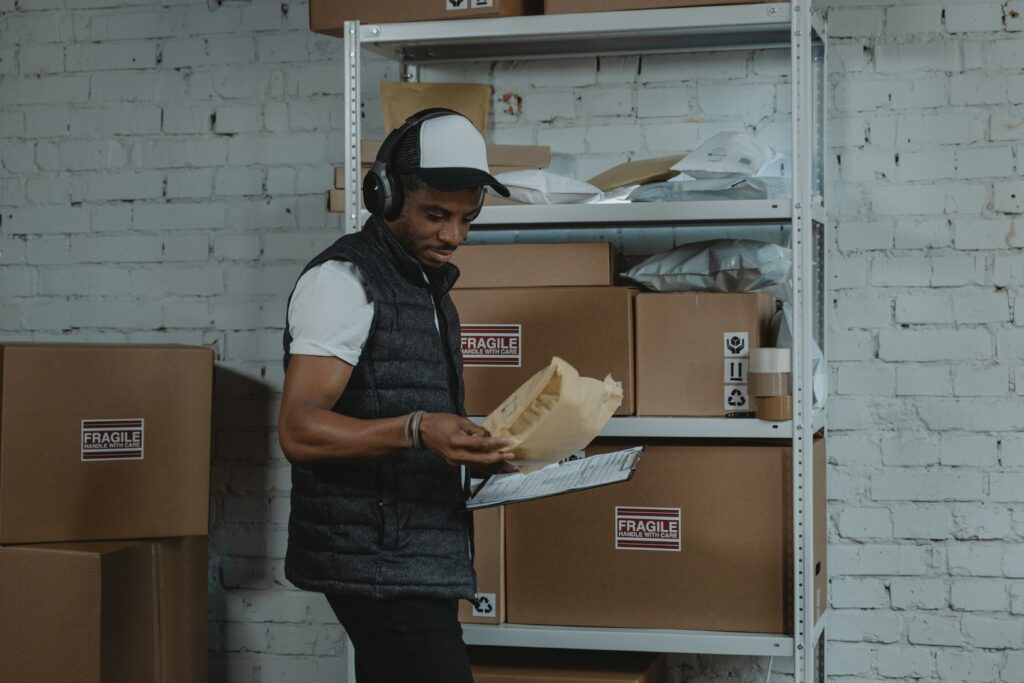Many countries have been struck by the COVID-19 pandemic and are now racing to develop and acquire a vaccine. The challenge does not only reside in vaccine production, but also in the logistics and supply chain to ensure it reaches all citizens. Some of the biggest challenges facing the African continent include the cold chain delivery of the vaccines and the lack of adequate infrastructure. But there is no need to worry, as smart technology is offering innovative ways to ensure that effective cold supply chains and vaccine roll plans are carried out.
The wide-reaching effects of COVID-19 on the African continent
The ongoing COVID-19 pandemic has an extensive effect on each continent, including Africa. South Africa was one of the first African countries to experience a COVID-19 wave and one of the earliest to implement a complete lockdown of the country in March 2020. Some other measures taken by African countries include: compulsory mask wearing, enforcing physical distance measures, restricting citizens’ movements, suspending flights, enforcing complete lockdowns and instituting mandatory quarantine periods.
Challenges faced with manufacturing the vaccine domestically
Since many African countries are still experiencing waves of the COVID-19 virus, it shows that these above-mentioned measures are insufficient. This is where the focus of African leaders and their countries’ citizens has shifted to the securing of vaccinations.
COVID-19 vaccines are vitally important for the African continent as they provide both individual and population immunity against the virus. However, following through with the execution of vaccine procedures is proving difficult. At the beginning of 2021, most African countries, including South Africa, were unable to produce the vaccine at a local level. These countries thus have to import the vaccine, which has negative financial and economic consequences.
However, the manufacturing process, and a general lack of adequate research and development, are not the only challenges facing the African continent. We should not forget that, irrespective of where the vaccine is produced, the process of delivery, and effective implementation thereafter, is of vital importance.
The additional supply chain requirement of the cold chain imposed by COVID-19 vaccines
According to Professor Hussey, the Director of Vaccines for Africa and a member of the Ministerial Advisory Committee on vaccines, millions of vaccines and the injection devices will be required by mid-2021 in Africa. Although Hussey recognises that hundreds of suppliers exist globally, he believes that the foremost concern is the distribution, storage and monitoring of the vaccine. The problem exists in the supply chain, as it offers a complex, and often tangled, network of importing, storing, freezing, communicating and then final delivery. So, you may be asking yourself, “What is the root cause of these supply chain problems?”
Vaccines are very fragile objects and consequently, must be maintained at the temperatures recommended by their manufacturers to avoid degradation. These temperatures range from -70°C to 10°C. If vaccines are exposed to temperatures that are either higher or lower than the prescribed temperature ranges, it could have detrimental effects such as a reduction of the potency or protection of the vaccine. Such damage would make the vaccination futile.
Some vaccines (including specified COVID-19 ones) thus require a cold chain. This concept refers to the different parts of the supply chain being temperature-controlled including the equipment, transportation and storage. Stakeholders in the vaccine delivery field need to ensure that the correct temperature for the vaccine is maintained from manufacturing to administration. However, an infrastructure problem then arises, as most African countries lack the necessary equipment and systems to effectively run this required supply chain process.
The existence of geographical, logistical challenges within the African context
The above-mentioned lack of infrastructure is exasperated by the geographical layout of many African countries. These nations often need to supply a vast number of vaccines to rural healthcare clinics and hospitals, which often exist in remote areas. This brings about many challenges to the last mile delivery and can consequently, according to Toby Peters, Professor of cold economy at the University of Birmingham, lead to a loss of up to 25% of vaccine products.
Creating solutions for the transporting and delivering of goods requiring temperature-controlled environments
Pharmaceutical manufacturers, distributors and other stakeholders now have an important task at hand to ensure that logistical challenges regarding the effective packaging, transportation and distribution of vaccines is overcome. So, what is the solution?
Cold chain infrastructure is already available in most developing countries, however, it may require greater investment to ensure that it is updated and remains technologically advanced. For Africa, it would be necessary to investigate and improve the existing supply chain technology and develop ways to ensure cold supply chain of vaccines using already existing approaches. An example of an existing supply chain would be one used to transport and store food.
The structure of cold chain equipment can aid the geographical settings in African countries. Appliances, such as freezers and refrigerators, are becoming smaller in size, more efficient and can possess batteries to ensure that temperatures can be constantly maintained. It is thus possible for these appliances to be carried by individuals, to ensure that difficult-to-reach regions can still have access to the vaccine.
Another solution is the use of temperature-controlled delivery boxes since they ensure that the right temperatures for the vaccine are maintained. These smart technology boxes contain special cooling systems and refrigeration technology, which allows for effective temperature-controlled storing. One benefit of utilising such boxes is ensuring a constant temperature, which helps to protect the stored items from any temperature fluctuations and/or damage.
Smart technology offers a solution to running a cold chain to transport and store goods that require a temperature-controlled environment, such as vaccines, and improving its efficiency. Given the existing difficulties faced by the African continent in dealing with COVID-19, such as recurring waves of the virus and a lack of adequate infrastructure, developing and using existing infrastructure, as well as temperature-controlled delivery boxes, offer viable solutions in ensuring the effective distribution of the vaccine for all African citizens.


